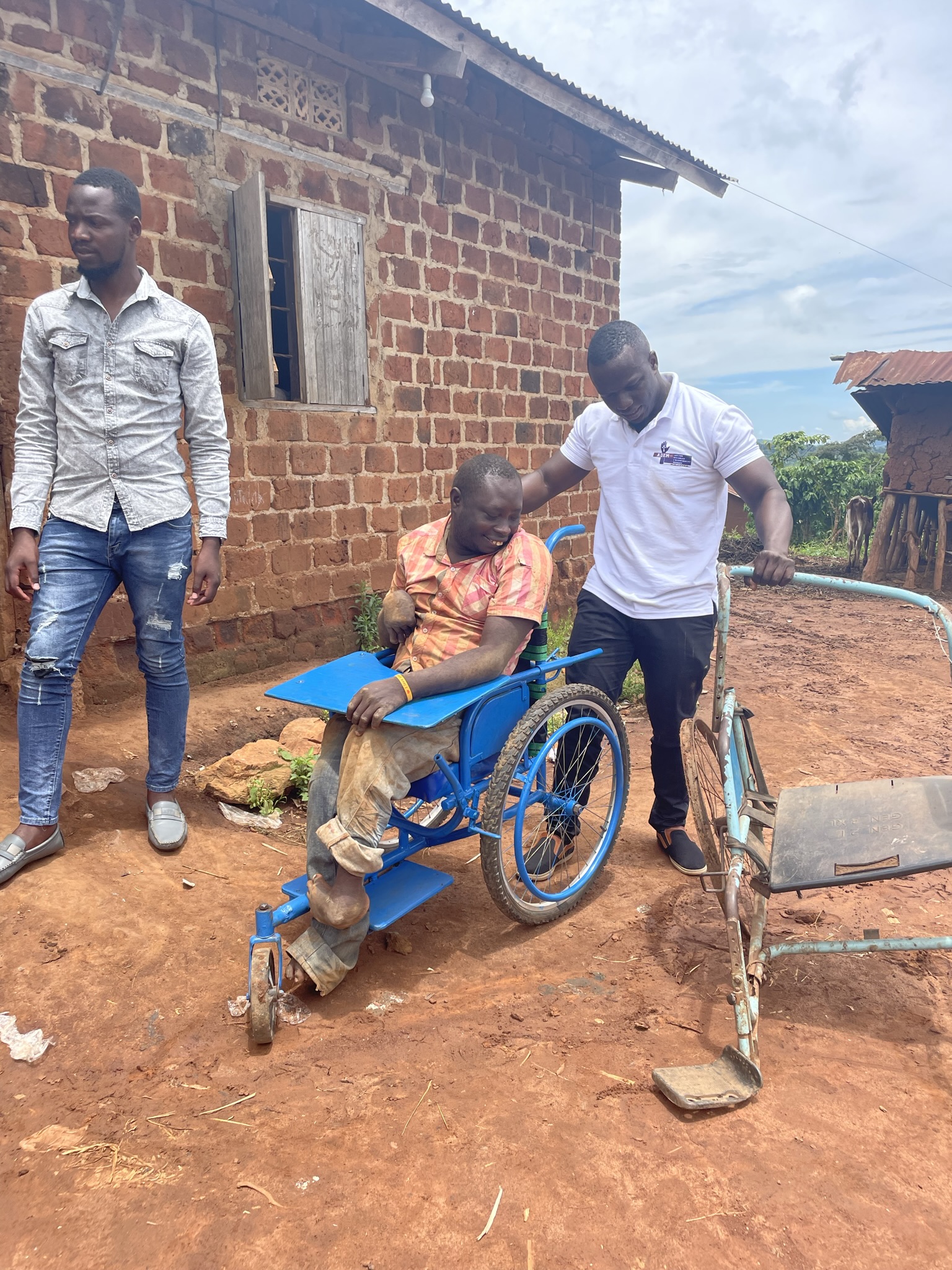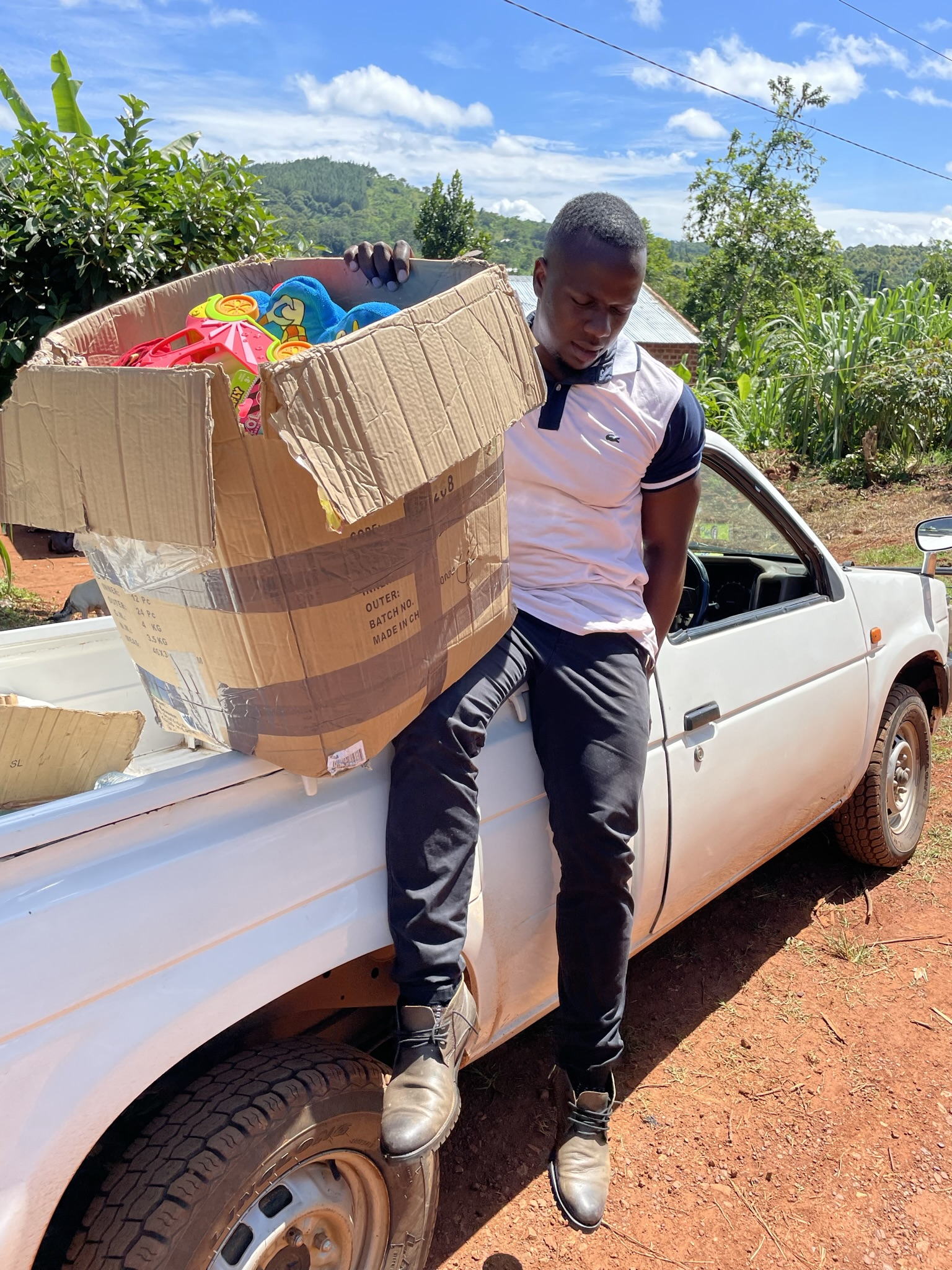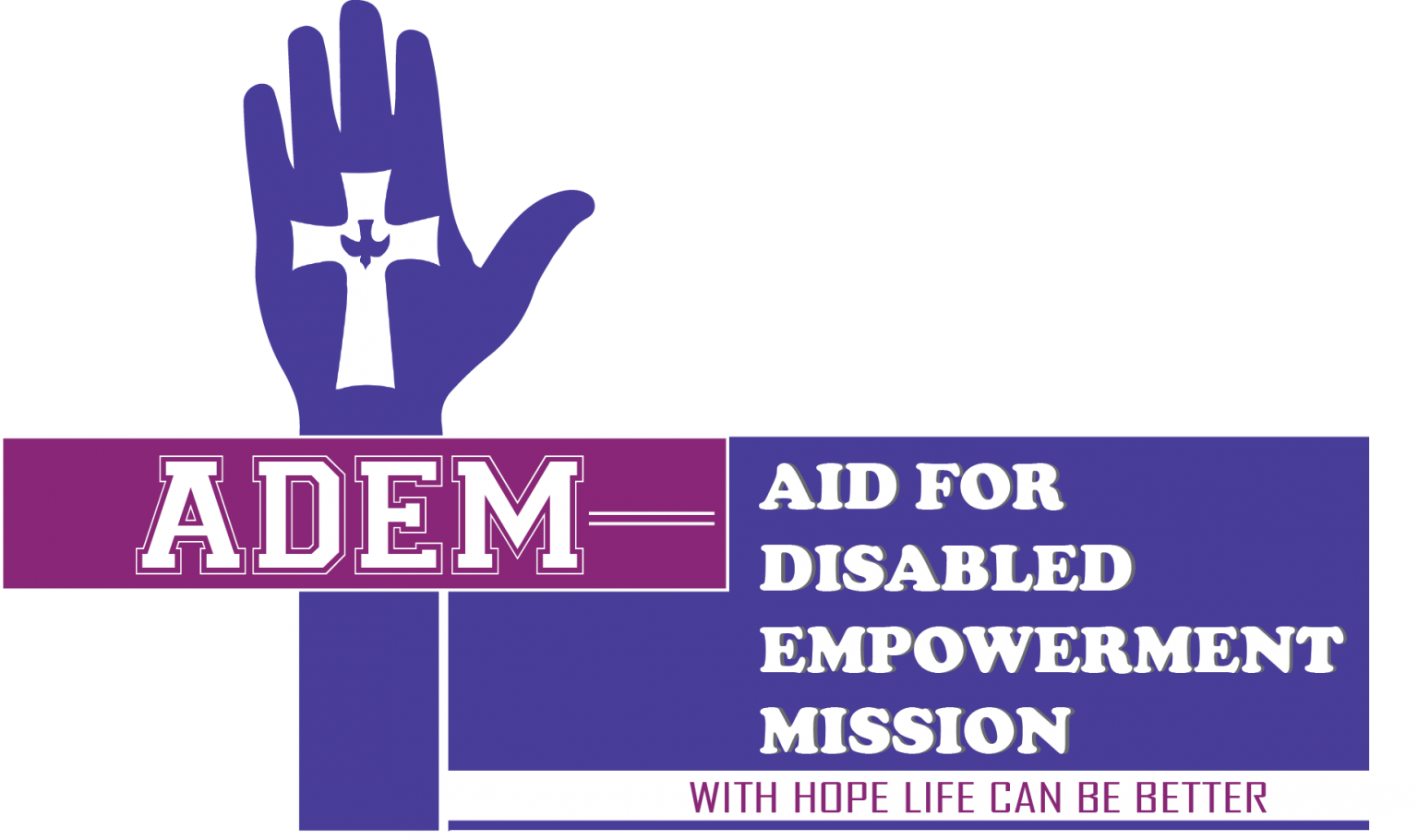| PERIOD (WEEKS) | FEES (USD) |
|---|---|
| 1 week | $310 |
| 2 Weeks | $410 |
| 3 Weeks | $510 |
| 4 Weeks | $610 |
| 5 Weeks | $705 |
| 6 Weeks | $800 |
| 8 Weeks | $980 |
| 10 Weeks | $1,180 |
| 12 Weeks | $1,380 |
| 16 Weeks | $1,740 |
| 20 Weeks | $2,100 |
| 24 Weeks | $2,460 |
What does the program fee cover?
The program fee is meant to cover the following;-
- Airport pickup
- Airport drop off at the end of the program.
- Project attachment and some donation fees.
- Accommodation and Wi-Fi internet.
- 3 meals daily.
- Onsite local cook.
- Daily transport by local public Taxi or Boda-Boda.
- Administrative costs.
- Visitations and calls (checkups).
- 24/7 local support.
- Orientation and briefing.
Are there extra costs?
- Flights
- Visa
- Travel insurance (mandatory)
- Souvenirs
- Vaccinations
- Criminal background check
- In-country trips or tours.
- Spending money – Volunteers in Uganda generally find US$80 to be sufficient for weekly expenses.
Longer volunteer period.
Should you wish to stay longer than 3 months on a project, please add $70 per week for each consecutive week. Or feel free to contact us and we will send you a complete package!


Registration fees
A registration fee of 250$ is required and paid separately, to cater for maintaining a secure and informative website, 3 T-shirts, 3 caps, recommendation letter, Certificate of completion/appreciation, VIU alumni membership, advertising costs, general support until end of the project, on-site project supervision and quality control.
The program fee in addition to your registration fee is paid directly to our international bank account at least 30 days before the start of the project.
Also note, depending on your payment method, you might be responsible for transaction fees.
Accommodation.
Volunteers are accommodated in dormitory-style volunteer house in Mukono area, approximately 40 minutes outside of Kampala City. The volunteer house accommodates up to 30 volunteers and you can expect to share a bedroom with 2 to 4 other volunteers of the same gender. The volunteer house is safe and secure in a quiet area with well-furnished bedroom, electricity and running water, however it is common for power or water to occasionally be cut off in Uganda. Bedding is provided though you need to come along with a towel. There are staff who clean the accommodation throughout the week, however volunteers are required to keep their rooms and common areas tidy.
Wi-Fi is available at the volunteer house, but volunteers are advised to come along with their own gadgets, laptops, Tabs, smart phones etc., where they can do their personal work. However, the connection can be slow, so we recommend bringing an unlocked mobile phone and purchasing a local SIM card when you arrive in Uganda. The local team can assist you with purchasing a SIM card during your program orientation.
Meals
Volunteers are provided with three meals per day (breakfast, lunch and dinner), prepared by an on-site local cook. If you wish to snack or eat outside of mealtimes, this will be at your own cost and there are local shops within the proximity of your residence where one can purchase snacks.
Breakfast generally includes eggs, tea, fruits and bread. For lunch and dinner, there is a revolving menu of local stews that include a typical Ugandan dish (beef, chicken, pork, goat, fish and vegetables), beans, rice, chapatti, groundnuts and cow peas.
The tropical climate of Uganda also contributes to a healthy choice of seasonal fruits, including bananas, watermelon, papayas, mangos, jackfruit, and pineapples. Bottled drinking water is readily available in Uganda and volunteers should budget approximately US$5 per week for this.
If you have any special dietary requirements, please let us know well in advance so our team can make special arrangements for you. We however prefer to stress that you do not expect to eat as normally as you do at home. We will do our best to see that you are well taken care of, but also as a volunteer, there is a need to be flexible and fit into the standards of Uganda.
Starchy foods such as white bread, white rice, pasta, potatoes, sweet potatoes, Matooke (boiled green bananas), and cassava are dietary staples.
